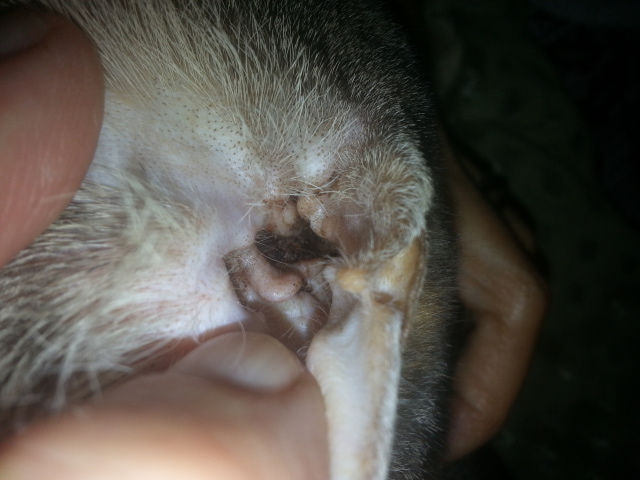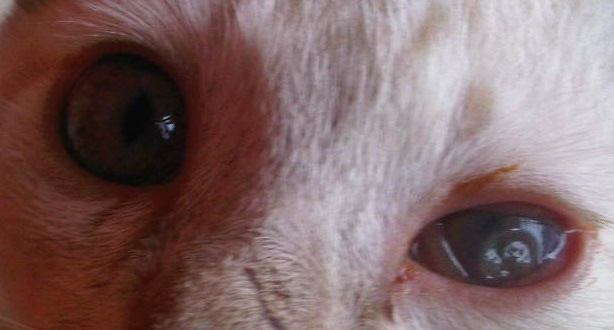QuestionHi, I have a puppy that is nine weeks old and I was just wondering how often should he be given worm medication and when should he start taking heart worm medication. I was also wondering is it really important that he is vaccinated every year for the rest of his life. The reason I am asking this is because I have heard that being vaccinated yearly can actually hurt them instead of help them. I do not know what are who to believe, so I figured I would ask you since every advice you have given me has worked and has been very helpfull.
Thank you so much for your time, I appreciate it very much.
AnswerMiranda,
I hope all is well; it is so nice to hear from you again. As far as general worming medication, it should only be given if worms are detected. Most veterinarians will perform a fecal exam on a puppy's first couple of visits; to not only determine if any internal parasites are present, but also to determine what types. Different types of worms require specific worming medication. Several of these wormers can only be obtained from your veterinarian, so using an over the counter wormer might aid in clearing up round worms, it would be pointless to use if the dog or cat is infected with hook or tape worms. After you puppy is one year of age, he will only be required to see his veterinarian for a yearly checkup unless a problem or concern arises and/or you are seeing worms in his stool.
Heartworms are a serious concern, particularly if you live in an area of the country that is infected with a high population of mosquitoes. I feel honestly that until a 100% effective alternative is found, that it is best to administer a monthly heartworm supplement.
The subject of yearly vaccinations is a controversial one. Typically it is recommended that both cats and dogs be vaccinated yearly. For a dog this includes a distemper combo, and rabies. However more and more veterinarians are realizing that vaccinating our pets in this way does more harm than good. What it comes down to is that they feel that one; the vaccines are not always effective, and two; that they cause long lasting health disturbances. Vaccines are far from 100% effective, especially when an animal's immune system is depressed due to age, illnesses, malnourished, or when given in conjunction with certain other drugs and medications. Regardless, it is in your best interest to have your vaccinated for the following.
Rabies is required by law, and there is no alternative. Distemper and hepatitis should be given at 8 and 12 weeks, followed by a booster at a year. However, only given every three years there after, animals seem to be protected as much as if vaccinated yearly. Leptospirosis is deemed not effective, as the immunity only lasts for a few months. Parvovirus is different and only under special circumstances should it be given. For example if your dog is exposed to, or going to be exposed to a large number of animals, especially if the animals may be sickly. If this is the case; than the dog should be vaccinated at a two week interval before the exposure. Again the long term effective is only constituted of a couple months.
On a personal level I choice to follow these guidelines for my own pets. I highly recommend you seek out the help of a holistic veterinarian in your area to use as his main source of care and treatment. It is great he is at such a young and viable age, and you can start him off in a healthy direction , before he is plagued by a build up of chemicals and toxins in the form of commercial dog foods, masking steroidal medications, and drug therapy related diseases and conditions.
I will recommend some great reading material to help you learn more about the holistic approach for our pets. The basic founding guide is; Dr. Pitcairn's complete guide to Natural Health for Cats and Dogs. Subjects such as raw and natural diets, natural treatment of ailments, and natural prevention are all covered. I feel the more you come to learn about how much their diet and environment affects our pet's health you will, look to the alternatives available. I hope this offers some basics help and ideas. I would be more than happy to help with any additional information, just get back in touch with me.
All the best,
Jodi

 Chihuahua & eye issue
Question
redeye
Hi. Firstly, thank you for taking the t
Chihuahua & eye issue
Question
redeye
Hi. Firstly, thank you for taking the t
 My old cat whos not eating well after dental surgery
Question
timmy since his surger
Hi, Im really worried a
My old cat whos not eating well after dental surgery
Question
timmy since his surger
Hi, Im really worried a
 please help my cat
Questionmy cat cutie
QUESTION: hello,
my cat has
please help my cat
Questionmy cat cutie
QUESTION: hello,
my cat has
 cat ear problems
Question
Cats ear
I think our cat has an ear pro
cat ear problems
Question
Cats ear
I think our cat has an ear pro
 Kitten Eye Problem
Question
Picture 01 Picture 02
Dear Dr. Ch
Kitten Eye Problem
Question
Picture 01 Picture 02
Dear Dr. Ch